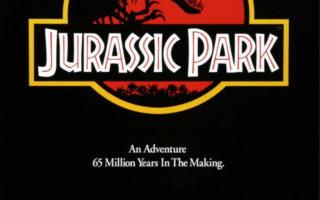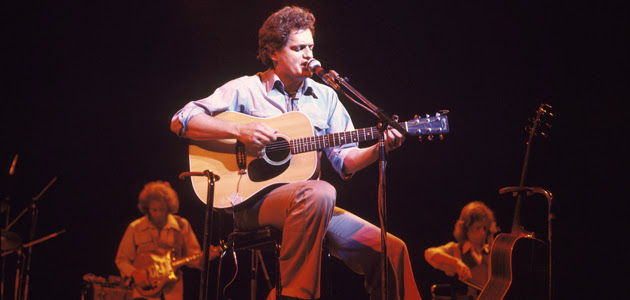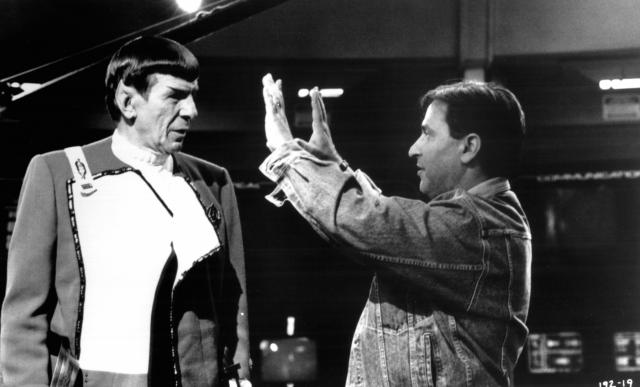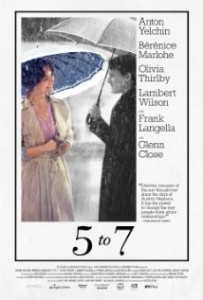We all, at one time or another, have heroes. Most boys have sports heroes. For the record mine are, in order, Ron Santo, Fred Lynn and Cal Ripken, Jr. I also have personal heroes…people who have inspired me by their words and deeds and have influenced my life. I have three: Robert F. Kennedy, Paralympic Gold Medal winner Nick Springer and Harry Chapin.
October 1974. My parents have split up and I’ve been sent to live with my Aunt Mildred and her family in Ohio so I can go to school without all of the emotional baggage. I rarely see my father, who is still in Chicago. Even though we were just outside of Cleveland, the radio station of choice is CKLW, broadcasting out of Detroit.
One night, listening to the radio as I went to sleep, I heard a song that resonated with me like no other song had. It was a song about a father and his relationship with his son. Dad is always gone, missing many of the young boy’s adventures as he grows up. Before he knows it, the boy is grown and now, when the father has the time, the son is too busy for him. The song was “Cats in the Cradle” by Harry Chapin and, after I went out and bought the 45, I played it over and over and over. “That’s me,” I thought to myself. “I’m the boy.”
As I got older I learned much more about Harry Chapin. Not only was he an amazing singer and songwriter, he used the pulpit his celebrity provided him to speak out on issues that concerned him, chief among them world hunger. This was a time when others, including John Lennon, were being criticized for voicing their opinions on serious issues.
June 16, 1981. I’m in the Army and have only just arrived in Germany a few days prior. I’ve been to the PX and purchased a cassette of Harry’s new album, “Sequel,” and I listen to it daily in my room. That day I was listening to Armed Forces Radio when I heard the tragic news that Harry Chapin had been killed in a car accident. Returning to my room, I did what I had done seven months earlier after the murder of John Lennon. I wept.
In the forty years since his passing, Harry Chapin has been recognized not only for his music but for his charitable work. He was also the subject of an outstanding documentary released last year entitled “Harry Chapin: When in Doubt…Do Something,” co-produced by his son, Jason. Over the years, thanks to Facebook, I’ve been able to chat with Jason occasionally, letting him know how much his father meant to me. As the anniversary of Harry Chapin’s passing approached, Jason very graciously sat down with me for a conversation about his father.
MIKE SMITH: Hello. How are you?
JASON CHAPIN: Great. How’s the Midwest?
MS: Rainy!
JC: It’s great to finally connect and chat.
MS: I appreciate it. It’s a true honor to speak to you. I turned 60 last year and your dads music was very important to me so it’s great to be able to talk to you.
JC: I think music is incredible. All the time I hear stories from people – parents who enjoy sharing their music with their kids and then the kids enjoying it as well. I think music connects with people a lot deeper that say, someone reading a book or a poem or even watching a movie. It’s also great that musicians can now get themselves out there and reconnect with their fans…meet more people and build their base.
MS: How many times have you met someone that, once they learn who your father was, tell you that they feel that “Cats in the Cradle” was written just for them?
JC: (laughing) It happens all the time. A lot of times I tell them that the song was originally written as a poem by my mother. My mother and father collaborated on a lot of poetry and songwriting. After my younger brother, Josh, was born I think my father began thinking more about family and fatherhood. He wrote the song but didn’t know how the reaction would be to it until he started performing it live. And thus began the journey of a song that became very important to a lot of people who still tell me today how important it was to them. Any song that gets them to think about the importance of family is a great song.
MS: Does the song kindle any special memories for you when you hear it?
JC: Yeah. It reminds me of my parents. It reminds me of how excited my father was when it became a hit and went to #1. It also reminds me of all of the doors that opened once that happened, enabling all of the things he was able to do. I think it was, for him, a great moment in his career but I also think it was a little scary for him. He had a conversation with my uncle, Tom (NOTE: Tom Chapin is also an accomplished musician who still tours with members of Harry’s band. For those of you who grew up in the 1970s, Tom Chapin was the host of the great weekend television show “Make a Wish”) about being under the pressure to do it again (reach #1), but he was never able to do it again, though he certainly wrote a lot of great music after that.
MS: Do you have a favorite memory that you can share about your dad?
JC: I don’t have one specific memory. I have a lot of memories of playing sports with him…going to sporting events with him. And a lot of fantastic family trips. He was the kind of person who always had a lot of energy and was always looking to do things with people that were memorable. I have so many great ones but not one that really stands out.
MS: Your dad was one of the first entertainers to use his celebrity to shine a light on an important social issue – in his case World Hunger – leading him to found his WhyHunger Organization. Was helping others very important to him?
JC: Yes. He came from a very large family that was not well off and so he had a great understanding of what other families were going through. I don’t think he took his success for granted. I actually think he felt guilty about his success and wanted to give back. It was my mother who was really raising some of the issues being felt on Long Island and I think it was a challenge to my father to understand what the issues were – what the root causes were – and to use his success to try to make a difference. By coincidence, he had a radio interview with Father Bill Ayres, who had a show called “On This Rock.” They became friends and that friendship led to discussions, which led them to decide to really do something and create an organization that looked at the root causes of hunger. It was a long process but, once he started to do it – and people realized he was willing to do benefits and get involved…he was always getting requests – it was difficult for him to say “no.” Which is why he started doing around one-hundred benefit shows a year.
MS: Last year you co-produced a documentary film about your dad entitled “Harry Chapin: When In Doubt…Do Something.” How has the film been received?
JC: It’s been extremely well received. It currently has a 100% rating on RottenTomatoes – both from critics and viewers, which is really unheard of. All of the people I’ve spoken with – family and fans – say they learned a lot about him. The film really has two parts. The first concentrates on his career while the second focuses on his humanitarian efforts. Many of the fans weren’t aware of the humanitarian work that he did. I feel very fortunate that we were able to include Pat Benatar , Billy Joel and a lot of other artists sharing their thoughts not only about my father but on hunger and poverty. It has become a bigger film than I expected because it’s touched people in many different ways.
MS: The Chapin family is PACKED with musicians (Not only was Harry Chapin’s father a musician, but his brothers Steve and Tom, and most of the Chapin kids, are also quite musical). I can still remember watching Tom on “Make a Wish” as a kid. How about you? Do you play anything? Are you musically inclined?
JC: No. I took piano lessons…guitar lessons. I spent about five years playing the trumpet but it wasn’t my strength. (laughts)
MS: How can Harry’s fans, and people reading this interview, help continue Harry’s work today?
JC: Well, the organizations that were most near and dear to him, and ones that family, friends and fans have been supporting for decades, are WhyHunger, which looks at the root causes of hunger and works with other organizations around the country and across the globe, Long Island Cares, which helps hundreds of thousands of people each year and the Harry Chapin Food Bank of Southwest Florida which was not started by him but was named to honor him. I think my father would say that if something is important to you, take the time and learn about it and get involved. I think he would want everyone to realize that you can volunteer, which is incredibly important. You can donate, which is also incredibly important. But most of all, find some way to get involved because that’s what makes the difference.
MS: If you had to describe your dad in three words, what would they be?
JC: Hmmmmm. Three words? Caring. Committed. And Unique.
MS: Perfect.
Jason, thank you so much for this. I was 14 when “Cats in the Cradle” came out and my dad was away a lot. I would listen to the song and think “that’s me…I’m the boy.” Now I’m 60. My son HAS grown up and moved away. I have grandchildren. Now I’m the dad. It’s like Harry wrote, “all my life’s a circle.”
JC: Thank you for sharing that. I think the song has helped a lot of parents become better parents and I think that it’s enriched a lot of lives, which is a tremendous tribute for a song writer.
IF YOU WOULD LIKE TO DONATE OR VOLUNTEER TO KEEP HARRY’S DREAM ALIVE, HERE ARE LINKS TO THE ABOVE MENTIONED ORGANIZATIONS:
WhyHunger – click HERE
Long Island Cares – Click HERE
Harry Chapin Food Bank of Southwest Florida – Click HERE






